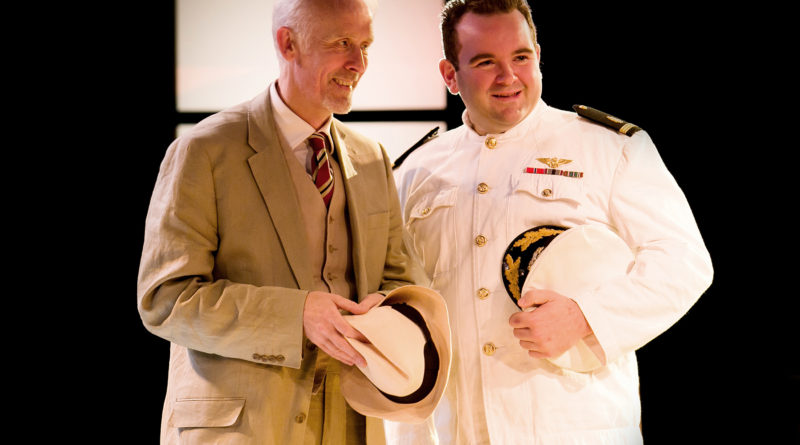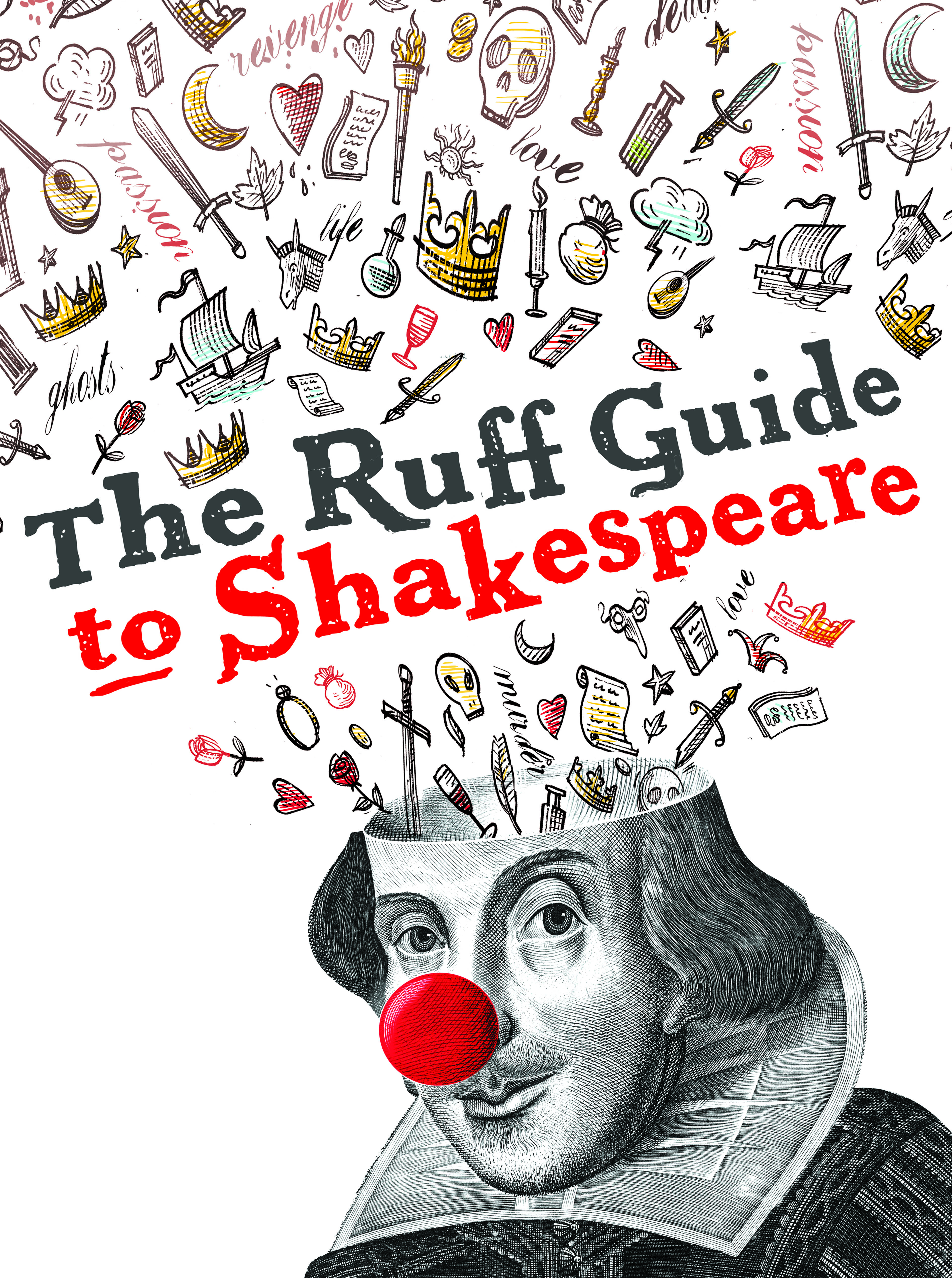Puccini’s Madame Butterfly at Tobacco Factory Theatre
I left the Tobacco Factory Theatre feeling angry: angry at the way women through the ages have been treated by the patriarchy, angry at those women for letting it happen and angry at myself for, once again, attending a piece of ‘high art’ and not getting it.
Puccini’s opera Madame Butterfly is based on an 1898 short story by John Luther. It tells of a young geisha, Cio-Cio San (Madame Butterfly), who marries Lieutenant Pinkerton, a US Navy officer stationed in Nagasaki. She thinks this partnership is for life; he knows that a month away from his new bride will see the marriage become null and void in the eyes of Japanese law. Disowned, cast out by her relatives, Butterfly now only has Pinkerton, for whose return from sea she waits for three years, having given birth to his son during his absence. He finally does come back but with his American wife and for the purpose of taking away the boy. Butterfly cannot go back to the world she once knew and so she kills herself with her dead father’s ceremonial sword.
Tragic, isn’t it? So why didn’t I feel an ounce of warm emotion? This is opera, dammit.
The performances certainly didn’t leave me cold. Far from it. In the title role, Stepanie Corley’s subservience annoyed me; the tiny, shuffling steps of her aunt, mother and cousin irritated me and the demureness of every one of them exasperated me.
Written in exactly the year of the Spanish-American War, when the United States really began to show its muscle, this tale was probably a cautionary one to both those ancient cultures who were in danger of being raped by these impatient, have-it-all imperialist teenagers and to America itself, “Be careful of the chaos you cause for ye shall reap what ye sow.” This latter sentiment is echoed by the American Consul, Sharpless, in his warnings to Pinkerton, concerned as he is by the officer’s lack of respect for Butterfly’s strength of feeling towards him.
A friend who attended the same performance couldn’t even bare to applaud John Pierce’s Pinkerton, so vile did she find his character, so well does he play his role. So, yes, it worries me that I quite liked him and I almost felt sorry for this man with such a dearth of empathy, whose gun-ho approach to ‘the other’ (nationality, gender, culture) must surely end in tears of blood. Is he so self-centred as to not foresee, nor care about, the consequences of his (of his country’s) actions?
The conductor, Jonathan Lyness, says in the programme that “The action of the opera centres wholly on Butterfly – the other characters, including Pinkerton and Sharpless, could be regarded as peripheral, Sharpless and Suzuki acting almost as a Greek chorus.” I disagree. For me, the main characters were the men, the women were in their place, as they would expect to be. They struggle without confrontation, they are submissive. They have no choice.
And that poor Suzuki! Played by Miranda Westcott with a wholehearted deference to not only the big boys but also to her Madame Butterfly, Suzuki really is at the bottom of the ladder. The hierarchy in this entire piece is so tangible that I’d like to climb its rungs and pour a WAKE UP bucket of cold water over the lot of them to show each character exactly what they are all a terrible, ugly part of.
So, it’s the storyline that I’m resentful of, right? It’s history that I’m so pissed off with, wouldn’t you think?
Opera Project’s production of Puccini’s Madame Butterfly is, I suspect, scaled down to the bare bones in order to bring such a classic to the small stage. I attended my first opera only this year when we saw La Traviata at Tobacco Factory Theatre in what was probably the anti-thesis of Madame Butterfly, in that the women were strong and the production didn’t appear to suffer from its minimal cast and orchestra.
Madame Butterfly, I fear, needs a grand stage – it must benefit from glitz and over-the-top beauty. At the Tobacco Factory, we can all see the cracks, the heaviness of that make-up and the blatant boyishness of that big man but, instead of ingesting glamour, I could taste a hint of pantomime. Just the slightest whiff …
Translated into English by Amanda Holden, I found myself concentrating on the words and then the whole experience became only about lyrics and voice – I barely heard the orchestra and forgot, until the very end, to pay attention to the acting so I can’t tell you, in truth, whether the dramatic performances were any good. My favourite part of the evening was the musical interlude between Parts I and II of Act II – I just wish that I’d been able to concentrate on that music more. How aggravating.
And when Cio-Cio San finally kills herself, I simply didn’t care. But, actually, this really is art, this production does provoke thought, it’s just that my energy went elsewhere – into that anger over the injustices of the wider picture, of a world out of kilter.
Wanna fight?
Puccini’s Madame Butterfly is on at Tobacco Factory Theatre until 25th October
– Review by Becky Condron
– Image by Farrows Creative




